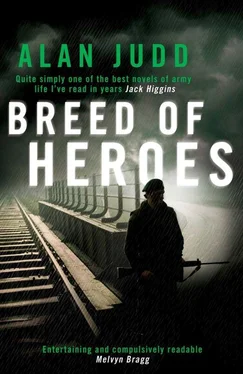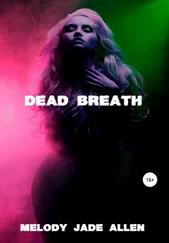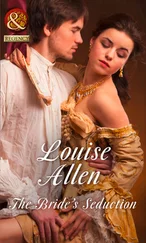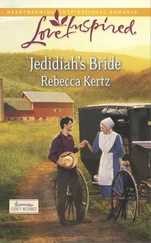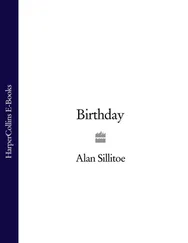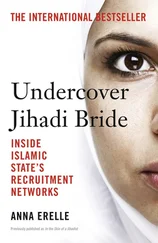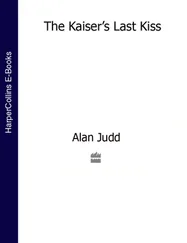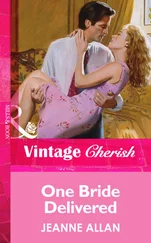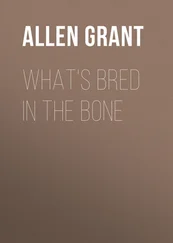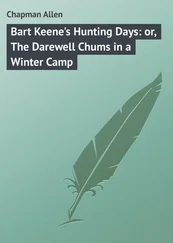‘No.’
‘You should have. It’s the map of our area. You’re supposed to have one.’
It was a large-scale street map shaded green and orange to indicate Catholic and Protestant areas, and unshaded to indicate mixed business areas. Charles looked more closely at it, as though to establish by inspection whether or not he had one. ‘I thought perhaps I should have one.’
‘See the sergeant major.’ Edward held up a list of names and addresses. ‘But you haven’t seen this yet, have you?’
‘Yes.’
Edward looked puzzled. ‘Where?’
‘On Chatsworth’s bed.’
‘How the hell did he get one? It’s supposed to be secret. Company commanders only.’
‘Perhaps it was another list.’
Edward seemed relieved. ‘Yes, perhaps it was.’ He stared gloomily at the list. ‘This is what’s so bloody depressing, you see. Not only do we have a larger area than anyone else but we’ve got a list of gunmen and villains twice as long as your arm. I mean look at it. You haven’t seen this, remember. It’s secret.’
‘In that case, how are we supposed to identify them?’
‘Dunno. Good point, though. I’ll ask the CO.’ He folded the list. ‘God, I hate challenges. Why couldn’t this area be given to A company? They’re always so bloody keen. Anyway, must fight back, I suppose, which is where you fit in. I’m making you sort of acting, unofficial, unpaid second-in-command. Only you mustn’t tell anyone. What it means is that I want you to send in the weekly Intelligence and Community Relations reports and deal with all the odds and sods and also with any PR that comes along — God forbid — that isn’t being done by that queer, what’s-his-name, up in battalion HQ?’
‘Philip Lamb.’
‘Lamb, that’s it. Queer as a coot, if you ask me. So if you can deal with all that, plus anything else that crops up — you know, complaints and things — it’ll leave me free to concentrate on — er — all the other stuff, tactics and whatever.’ Charles nodded and Edward suddenly became brisk and cheerful. ‘Good. Right. That’s settled, then. S’pose you haven’t been in the ops room yet, have you? Well, when you do you’ll see a wallful of obscene photographs — mug-shots of the villains in the area whom we’re supposed to look out for. Everyone’s supposed to memorise them.’
‘Right.’ It was a word that Charles had discovered to be almost indispensable in the Army, so powerfully suggestive of grasp and prompt action that its user frequently escaped further enquiry. When he got back to his partition Tim had gone but Chatsworth was there, sitting on his sleeping-bag with his rifle stripped for cleaning. ‘Have you got a secret list of IRA suspects?’ Charles asked.
Chatsworth paused in the cleaning, the piston in his hand. He looked shifty. ‘Not necessarily. Why?’
‘I just told Edward you had.’
‘Thanks a bunch.’
‘I didn’t realise you weren’t s’posed to, so I then told him it was probably another list and he seemed only too happy to believe it.’
‘Tell him it’s my kit list if he asks.’
‘Where did you get it?’
‘I stole it from Nigel Beale. It seemed only fair. He always goes around as though we’re more of an enemy than the IRA. It’s an accountable document so I hope he’ll get into trouble. There is another one in the ops room but it’s an amended version and I’d rather know everyone who’s likely to shoot at me rather than just some of them. Wouldn’t you?’
‘I’m not sure.’
‘You can borrow it if you like, though.’
‘Thanks.’
Chatsworth returned to his cleaning with loving care. ‘How are you off for ammunition?’
Charles was puzzled. ‘All right. I mean, I’ve got the regulation number of rounds, unless I’ve lost some since this morning. Why?’
‘Nothing. Let me know if you need any extra, that’s all.’
The company area divided naturally into Catholic and Protestant ghettos. The Protestant area was very small, a few streets of back-to-back terraced houses. Their front doorsteps were scrubbed white every day, the kerbstones were painted red, white and blue and models of the disbanded B Specials stood in nearly every curtained window. It was a tight, defiant little area, surrounded by what it saw as the enemy. The streets were mean and clean. It was more British than the Britons, though a government that had disbanded the beloved B Specials — their own reserve police force with whom they felt safe — would never again be trusted. The Catholic area fell into two parts — the old part near the Factory and a new estate some way from it. The streets and houses of the old part were identical to those of the Protestant area, from which they were divided by the Peace Line. They were respectable, though not as stridently clean as the Protestant. Adjacent to the Peace Line there was even one street that was still mixed — Protestant on one side and Catholic on the other, but no one except patrolling soldiers ever crossed the road. In the middle, and not very far from the Factory, was a monastery. It was the only other large building and was rumoured to serve as an arsenal for the local IRA, though it had never been searched because of the popular feeling that would have been aroused. Nevertheless, the Army had access to an observation post on the top of it from which they could survey the Peace Line area. Nigel Beale said that this part of the Catholic community housed the important leaders of the IRA gangs that flourished in the modern estate.
This had been built after the war as a mixed community, billed then as ‘homes fit for heroes’. It was a series of concentric streets built around a concrete circle of shops, known as the Bull Ring. Gradually, the community had become less mixed as more Catholics had moved in and the Protestants had moved out. One night in 1969 most of those that remained, concentrated in a small area near the primary school, had been moved out by Protestant leaders, who said they could no longer protect them. The few who had lingered on had soon been persecuted into leaving. Now the school had to be protected night and day by the Army because it included a community hall that had been built by a Protestant, and the IRA had sworn to destroy it. The estate was a violent, rat-infested slum. Long stretches of paving stones had been torn up for use in riots, and manhole covers and drains had been put to similar use. No street-lamps worked, no rent or bills were paid, hardly a house had all its windows complete, and the burnt-out wrecks of cars and barricades littered the streets. There had been frequent riots in the past few weeks and the previous unit had patrolled the area only in Pigs, and then not often. The RUC had not been into the estate unescorted since the troubles had begun.
About forty children gathered outside the Factory gate that evening for the usual stoning. Charles was in the yard when the first bricks flew over. One hit a Land-Rover bonnet and skidded off on to the wall by which he was standing. He buttoned up his flak jacket and moved away with what he hoped was officer-like composure, one hand behind his back. The children jumped up and down outside the gate, yelling and hurling as much as they could. For a while broken house-bricks rained into the yard and Charles was forced to abandon some of his officer-like composure and shelter behind a Pig. He was wondering about getting into it when he saw the CSM and a snatch squad of six men creep unobtrusively to the gate, open it suddenly and charge out. The bricks stopped and there was a lot of screaming and shouting. Children fled in all directions. In less than a minute the CSM and his snatch squad reappeared with seven of the largest children and dragged them quickly into the Factory. They were aged about twelve to fourteen and their struggles weakened as they got farther from the street. It crossed Charles’s mind that they might be put into bottles on the conveyor-belt — or whatever it was that made the noise — and sent on their way. He unbuttoned his flak jacket and then followed them in.
Читать дальше
